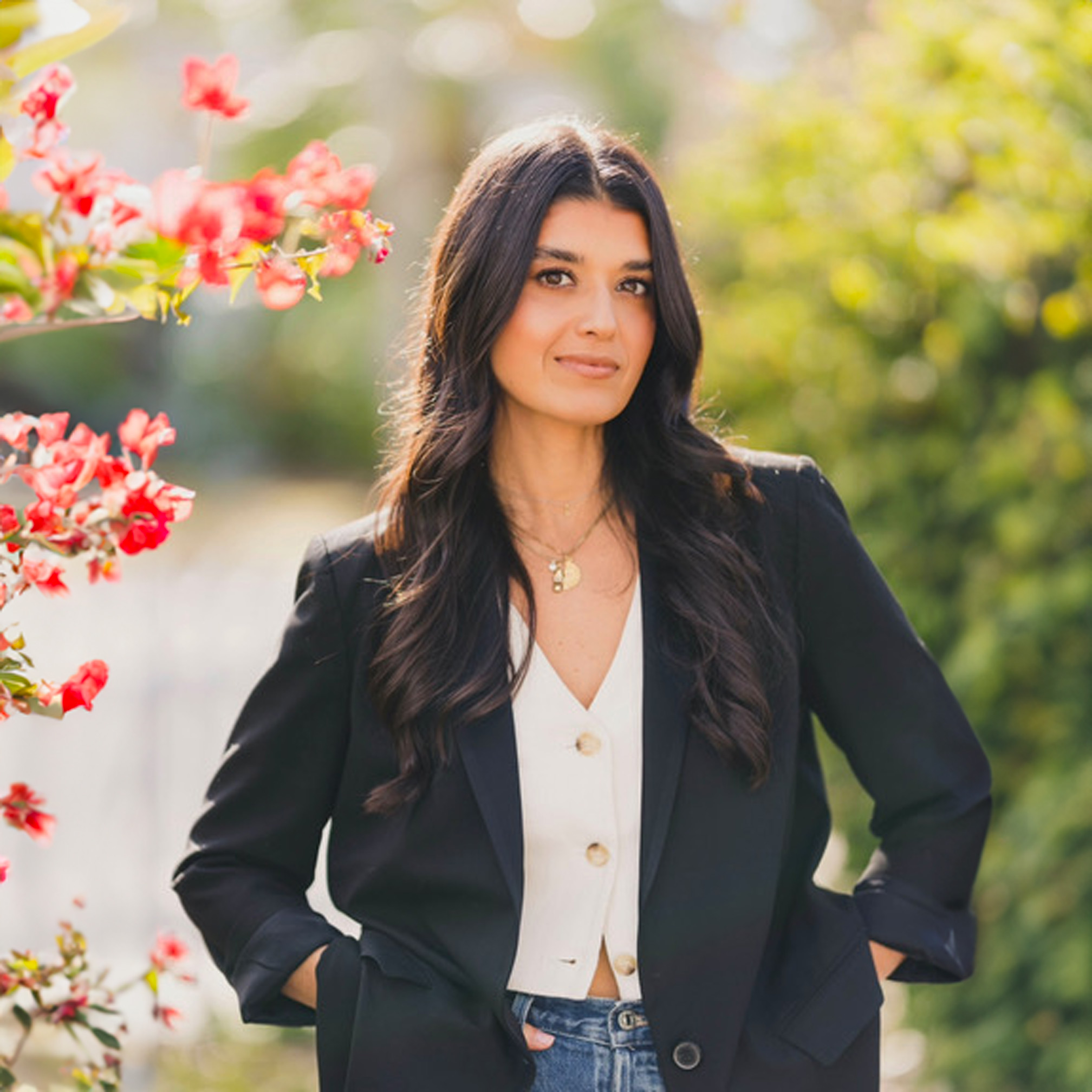Jason Horvath, Co-Founder at Uhuru Design, on Narrative Design and Sustainability

What was the driving force behind starting your brand? Was there a specific event, or series of events, that catalyzed the launch?
Uhuru Design started in a small garage space in Red Hook, Brooklyn in 2004. My co-founder, Bill Hilgendorf, and I had just graduated from Rhode Island School of Design and were considering possible career paths. We settled on starting our own company instead of working towards a traditional design career. Those were the early days for the maker movement in Brooklyn, and we found ourselves in a right time, right place scenario.
We were somewhat financially constrained at that point, so our first collections were designed and built in our studio from unique and beautiful materials we found in the streets of Brooklyn and beyond. The media loved it, and we ended up building the whole company after this idea of narrative design and sustainability. To this day, we implore these same ideas and it has helped keep us focused and unique as we work on huge office build-outs for amazing companies like AWAY, Glossier, and Shake Shack.
What should a future founder be most aware of before launching a brand? From your experience, what have been your biggest pain points and what have you found to be the most rewarding?
Growing from a small shop run by two art school grads into a 20 million dollar a year leader in New American Design was not without potholes at every turn. The two most important takeaways for me have been the importance of finding a strong leadership team and partners who can help you grow in areas you may or may not be an expert in and finding a strong financial partner BEFORE you need it (thanks Assembled Brands!).
The most rewarding part of the business for me personally has been seeing the impact our furniture and products made in the physical world. People interact with our products daily on a global level, and we truly believe that storytelling through design has the power to shape and change our world.
We love Uhuru’s sustainability focus. What daily steps you do take to promote this?
This summer, we became a signatory of the UN Global Compact on sustainability. Part of that commitment is to implement and support their Ten Principles. Right now, we are assessing the carbon footprint of each of our products, including materials, manufacturing, and logistics to better understand how we can reduce our impact. We hope to be one of the first furniture companies to publish this data on our website in order for our customers to better understand the impact of the things they purchase and to make more informed decisions.
What are the three tools/platforms you can’t live without for your business? Is there is anything you wish you had started using sooner?
Two years ago, we implemented a program called Solid Works for all our design and engineering teams. It has been a very powerful tool in organizing and streamlining our design process and syncing our Brooklyn, Pennsylvania, and overseas design teams. We can now accurately track and sync design changes over our entire global supply chain, resulting in improved quality and on-time delivery rates.
From our understanding, you were looking for working capital for a long time before you found Assembled Brands. Why do you think it was so hard to find a working capital provider?
We looked far and wide for capital partners to find financing and were lucky enough to get in front of some top Venture Capital firms, Private Equity shops, and family offices alike, but we were an interesting and nuanced story to everyone we met with. We read like a potential high growth startup on the back of a high-end design firm with a long legacy in the industry. This is difficult to digest if you are evaluating the business.
Parts of our story resonated differently with different people. It was not until we met the Assembled Brands team that we found someone who loved our story, brand, and product. They wanted to be hands-on in helping us in terms of providing financing that respected where we had been and continue to support where we are going.


%20(1)%202.svg)




.avif)